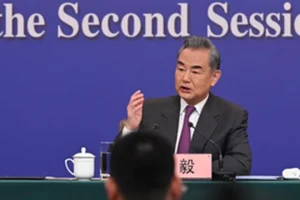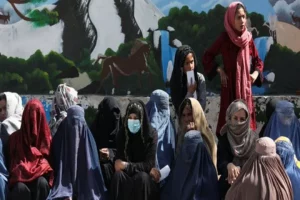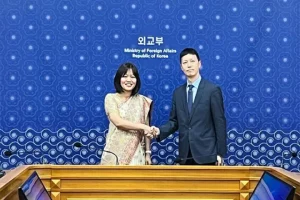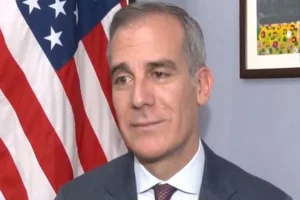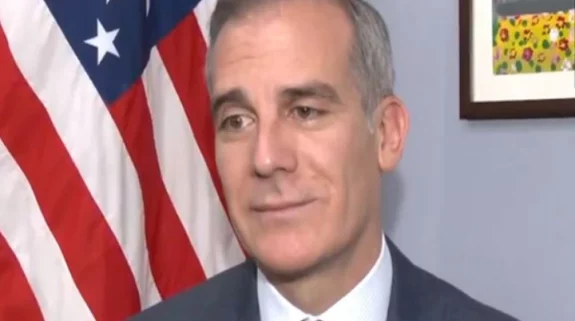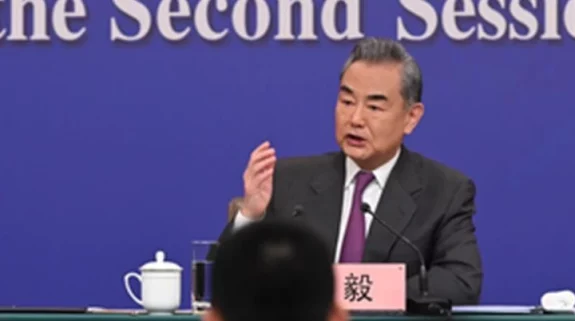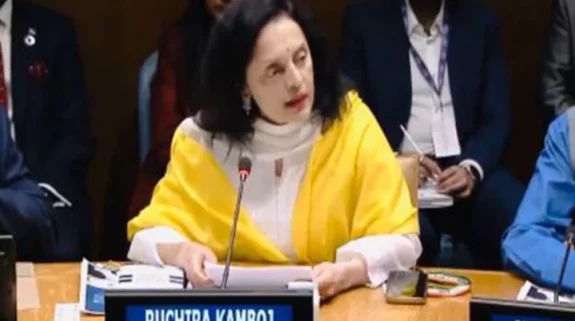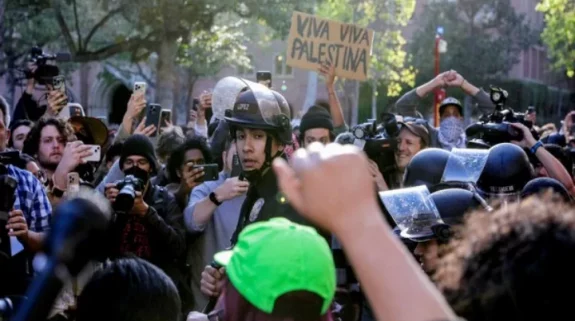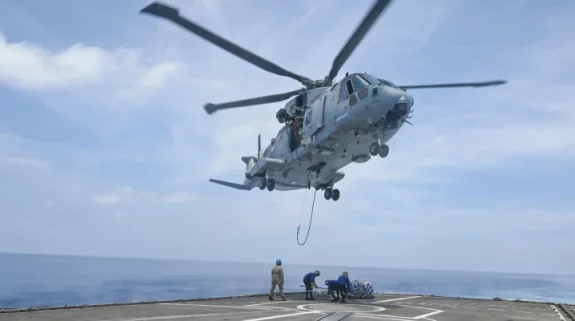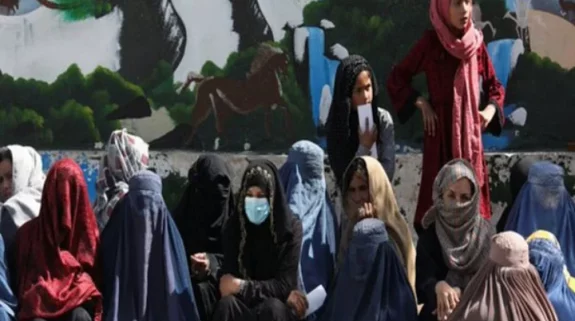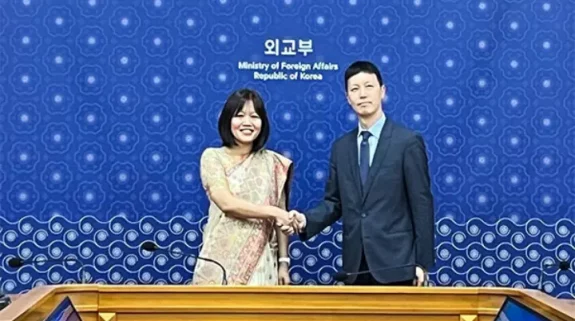Four soldiers of the Pakistan Army were killed in exchange of fire in North Waziristan this Sunday. According to reports in the Pakistani media, they were killed during an intelligence-based operation in which four militants too were killed. Just one week before this incident, half a dozen people had been shot dead in 'targeted killings' in the region.
That violence is on the upswing in Waziristan, a Pashtun dominated region on the Afghan border, is evidenced through more of these important killings. On May 25, the very first day of Eid, three people including Zubaidullah Khan, a senior civil servant working in Islamabad, were shot dead in 'targeted killings.' The rising incidents of violence forced the elders of the region to hold a Jirga, and threaten the government with protests and demonstrations.
Waziristan was under the limelight earlier in May when a prominent leader of the Pashtun Tahaffuz Movement (PTM), Sardar Muhammed Arif Wazir, was shot dead by armed men outside his home in Wana, South Waziristan. Despite the coronavirus restrictions and the fear, Pashtuns came out in large numbers not just for his funeral but also to protest and show their grief.
<img class="alignnone size-medium wp-image-5462" src="https://indianarrative.com/wp-content/uploads/2020/07/PakistanDroneAttacks-300×207.jpg" alt="" />
<a href="https://twitter.com/amnestysasia/status/1256474888073854978"><strong>Amnesty International</strong> </a>had taken note of the killing and tweeted: "The Pakistani authorities must carry out an independent and effective investigation into yesterday’s attack in South Waziristan on Arif Wazir, a member of the Pashtun Tahaffuz Movement. The suspected perpetrators must be held accountable."
People believe that Wazir's killing was the handiwork of the intelligence agencies and the Pakistani Army. These are the very reasons that the PTM is openly and highly critical of the government's policies—large-scale displacement of people, unlawful detentions, and enforced disappearances. The party has been calling for de-mining the tribal areas and greater freedom for the people. PTM had been chasing the Pakistan government for putting an end to extrajudicial killings, disappearances and even wanted accountability for all such crimes organized by the state.
The party has been pursuing peace for the Pashtuns as it felt that their people were the worst-affected because of Islamabad's policy of supporting terror organizations not just in Afghanistan but also in Pakistan. The PTM has been vocal about Pashtun unity in the two neighboring countries—an act that does not go down well with Pakistan because they constitute the second-largest group in the country. However, despite being a recent movement, the PTM enjoys large support in Khyber Pakhtunkhwa and Balochistan.
Former US president Barack Obama had called Waziristan as "the most dangerous place in the world" at a time when the US was leading the war against terror with Pakistan at the forefront. This was when Pakistan was actively supporting the Taliban terrorists and creating other armed groups to support its interests in Afghanistan and India, all the while, ironically, helping the terror organisations against the US.
After the country realized that the terrorists were running amok and causing more harm to Pakistan, and also under US pressure, the Pakistan Army launched Operation Zarb-e-Azb to flush out terrorists from the region. Pakistan government even used drone strikes during the operation. The operation led to nearly a million Pashtuns getting displaced in war that had been foisted on them by the state. However, Pakistan had to conduct a follow-up operation in 2017 owing to an increase in terror activities in the region.
But it seems that these two operations to flush out terror organizations was not enough. This entire year, there have been numerous attacks on Pakistani security forces. Even April witnessed the deaths of ten security personnel while six suffered injuries. Ironically, Pakistan is going after the Pashtuns and the PTM, which at best is a political movement fighting for peace and progress of its people as well as the human rights abuses committed by the state, instead of tackling the increase in attacks on its forces.
However, as Pakistan harasses a political movement and the government bars the media from providing coverage to the PTM, it is the Pakistani Army soldiers who have come under increasing attacks from various shades of militants..








